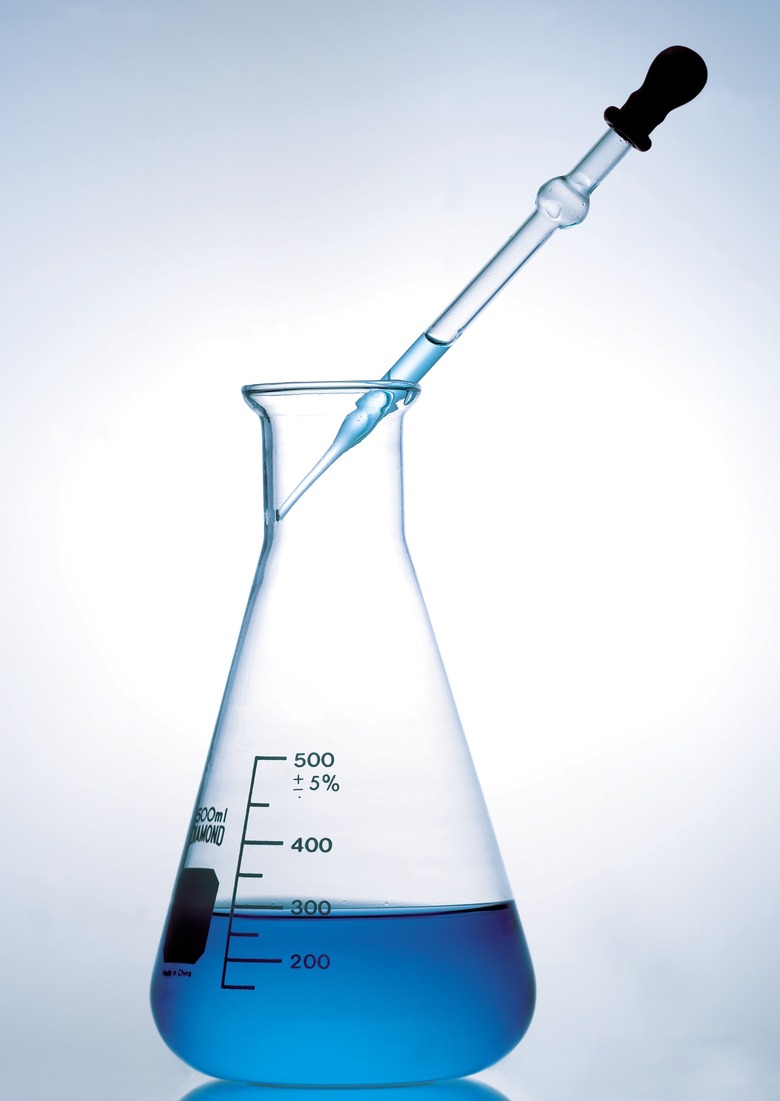How To Start A Good Hypothesis
Writing a hypothesis is often thought of as one of the most difficult parts of the scientific method. The hypothesis is a testable statement that encompasses your research in a nutshell. Like a thesis in an essay, it should give your audience a full idea of what is supposed be proven in your study.
Step 1
Define a research problem by doing extensive research into the topic you are interested in. If, for instance, you are interested in the effects of rainfall on the water level in your local stream, see if there is literature on this issue to help you further define your query.
Step 2
Formulate an educated guess as to the answer to your question. If you are studying your local stream, you might try to guess how the amount of rainfall affects the water level. So, you might hypothesize that if it rains 2 inches, the water level would rise 1 inch. Make sure your "guess" has backing in your research.
Step 3
Create a testable hypothesis by including variables that you can test. Including some sort of "if...then" structure will be helpful. Variables such as rainfall and water level help in your hypothesis about the stream. This way, you can measure "what you do" against "what happens." Your hypothesis will be an educated guess concerning "what happens."
Step 4
Be as specific as possible. The hypothesis should give an indication of the design and methods of the experiment. Rather than asking, "does rain affect a stream?" you might ask, "how does rainfall affect the water level of creek behind my house when measured one hour after a storm?"
TL;DR (Too Long; Didn't Read)
When performing an experiment, you may find that your hypothesis was incorrect. This is not a bad thing and only shows how the scientific method can clarify our thinking. The important thing is to perform your experiment with firm scientific methods.
Cite This Article
MLA
Anthony, Hobie. "How To Start A Good Hypothesis" sciencing.com, https://www.sciencing.com/start-good-hypothesis-12037549/. 24 April 2017.
APA
Anthony, Hobie. (2017, April 24). How To Start A Good Hypothesis. sciencing.com. Retrieved from https://www.sciencing.com/start-good-hypothesis-12037549/
Chicago
Anthony, Hobie. How To Start A Good Hypothesis last modified March 24, 2022. https://www.sciencing.com/start-good-hypothesis-12037549/
